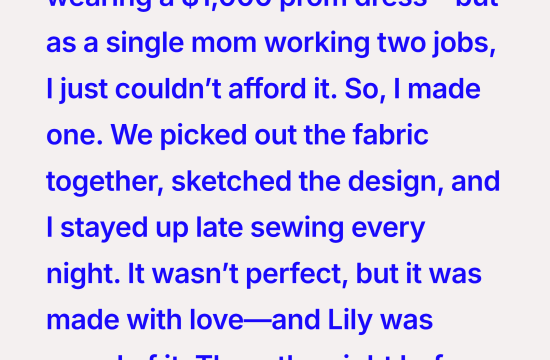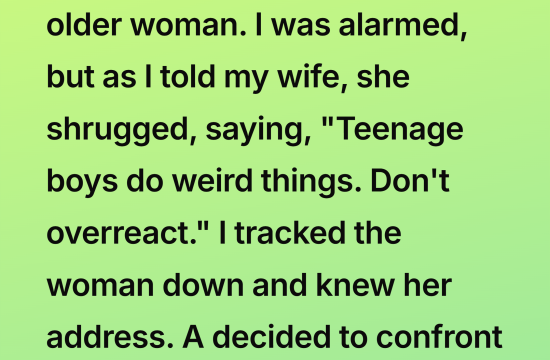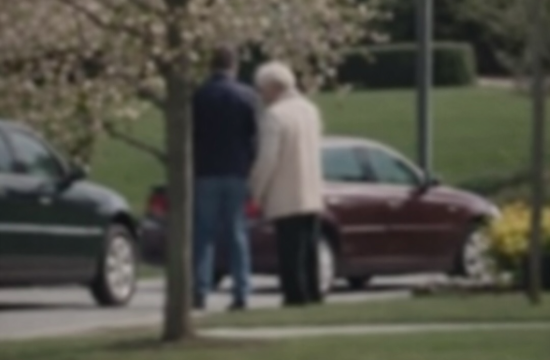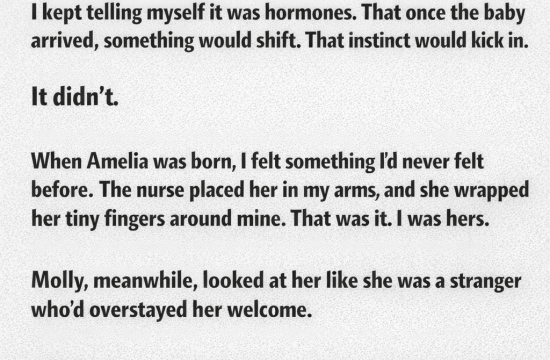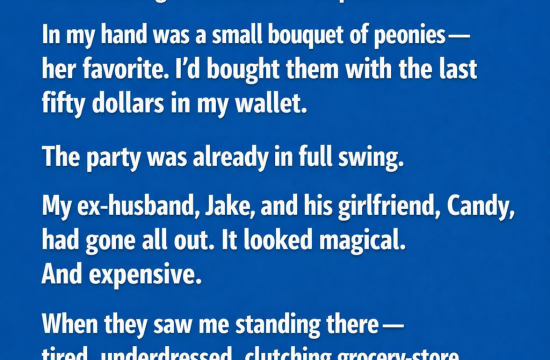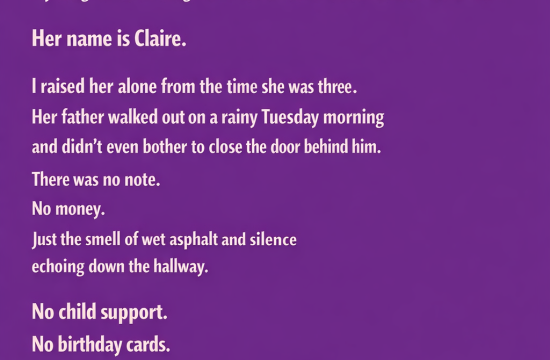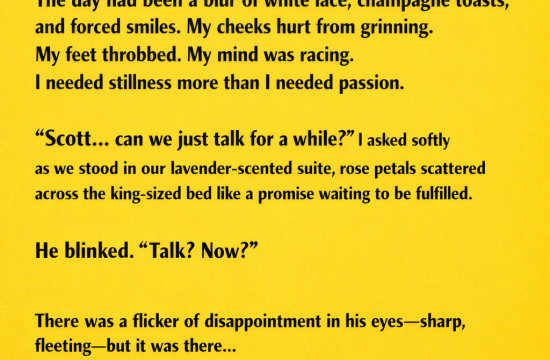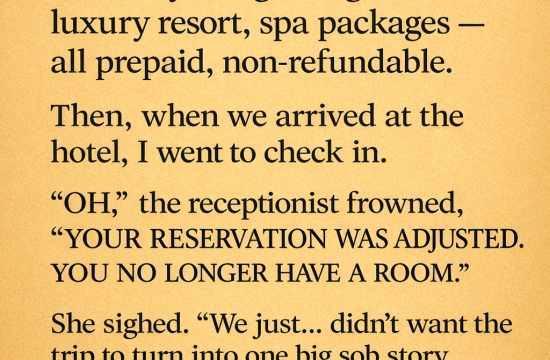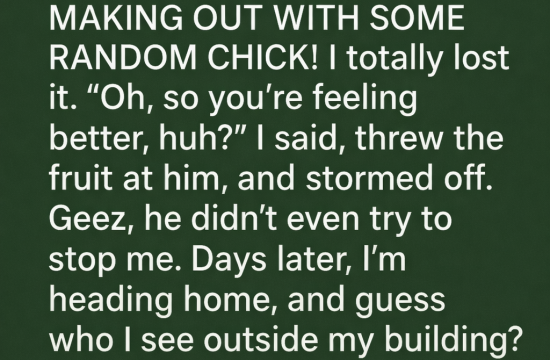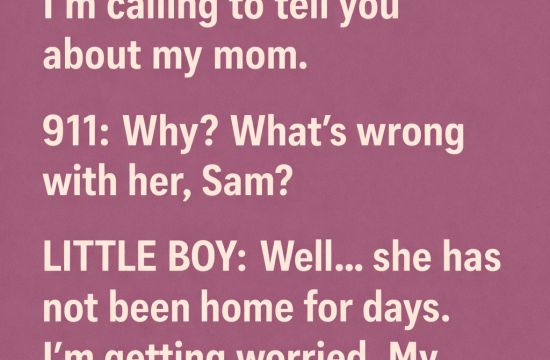On a regular afternoon drive from preschool, Tess sat in the backseat—barefoot, snack-stained, and gazing out the window with the absent curiosity only young children have. Then, almost like she was thinking out loud, she said, “You’re the bad guy, according to Mom Lizzie. She’s a good mother.”
I gripped the steering wheel tighter, heart pounding, trying not to react. The words felt like a pin to my ribs. I offered a calm smile through the rearview mirror, said nothing, and drove on. But inside, I was unraveling.
Later that night, after Tess was asleep, I reviewed footage from the nanny cam I had set up months ago—just in case. Part of me hoped it would prove my suspicions wrong. It didn’t.
There they were—Daniel and Lizzie, close on my couch like they belonged there. He kissed her. It stung deeply, but I wasn’t surprised. Somewhere, I’d felt it unraveling long before it tore.
I printed the screenshots in silence and called a lawyer the next morning. Two days later, Daniel received the envelope. He called, fumbling for explanations, weaving a net of excuses. I didn’t argue. I didn’t even cry. I simply hung up—and blocked his number.
The divorce was quiet. No screaming, no custody battle, no spectacle. Just a steady ache and silence where love used to live. I let him go. And I let Tess love them both—even when it broke my heart to witness.
Weeks later, we were at the beach. Tess was building lopsided sandcastles, her hands full of wet grit, her face kissed by the sun. She looked up at me, squinting into the light, and said, “Sometimes I miss them. But I think I love you the most.”
I cried—not out of anger, but out of sheer need to survive. To keep showing up.
Later, Lizzie invited me to a birthday party she was hosting for Tess. I went, for my daughter’s sake. The decorations were perfect. So was the frosting on the cake. At one point, Lizzie approached me and said, with saccharine pride, “I love Tess like my own.”
I looked her in the eye and asked quietly, “Then why did she think I was the bad guy?”
She blinked, paused, and said nothing.
I didn’t need an answer.
That night, Tess curled up beside me in bed, holding a worn postcard of the beach. “Did you cry after I fell asleep?” she asked.
“Yes,” I whispered.
“Happy or sad?”
“Both,” I said honestly.
Now, on our mantle, there’s a photo of us—barefoot, windblown, together. It reminds me of the hardest season of my life. But it also reminds me: I stayed standing.
And in the end, my daughter ran to me first.


